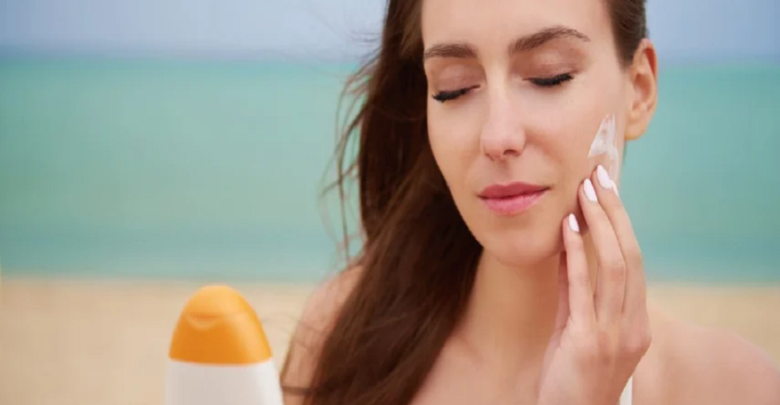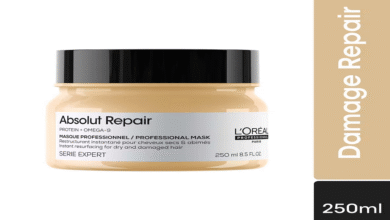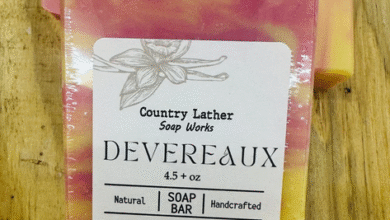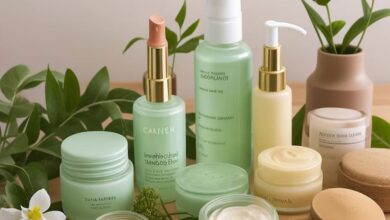Can Sunscreen Really Prevent Dark Spots? We Break It Down

Dark spots—whether they appear as freckles, sunspots, melasma, or post-acne marks—are one of the most stubborn and frustrating skin concerns. For many, the go-to solution is pigmentation face creams filled with brightening ingredients. But if you’re skipping sunscreen, you might be undoing all your hard work.
The Science Behind Dark Spots
Dark spots are caused by excess melanin, the pigment responsible for the color of our skin. Melanin production increases when skin is exposed to ultraviolet (UV) radiation. Over time, repeated exposure without protection leads to hyperpigmentation.
Even brief sun exposure—while commuting, near windows, or using digital devices—can trigger this response. That’s why dermatologists emphasize sun protection as the first line of defense in preventing and managing dark spots.
Why Sunscreen with SPF 50 Is Essential
SPF 50 sunscreen filters out about 98% of UVB rays, the ones responsible for sunburn. But more importantly, broad-spectrum sunscreens also protect against UVA rays, which penetrate deeper into the skin and trigger long-term damage, including melanin overproduction.
Unlike SPF 15 or 30, a sunscreen with SPF 50 offers higher protection for people already dealing with pigmentation issues or those using active ingredients like retinol, glycolic acid, or vitamin C, which makes skin more photosensitive.
Wearing high-SPF sunscreen every dayregardless of the weather conditions and indoor activities. It’simportant when you’re serious about reducing and preventing dark spots.
Pairing Sunscreen with Pigmentation Face Creams
Pigmentation is best treated with a combined approach. While pigmentation face creams with ingredients like niacinamide, kojic acid, or alpha arbutin can help lighten dark spots, they only work effectively if the skin is protected from UV damage.
Without daily sunscreen:
- Active ingredients may irritate and sensitize the skin further.
- New dark spots may appear while treating existing ones.
- Skin may develop uneven tones and inflammation.
So, sunscreen doesn’t just protect—it amplifies the results of your skincare products.
Few Common Misconceptions About Sunscreen
1.I only need sunscreen when I go out in the sun.
- Not true. UVA rays penetrate through glass and clouds and are present year-round.
- I don’t burn easily, so I don’t need SPF 50.
- Darker skin tones can still develop post-inflammatory hyperpigmentation, which tends to last longer and is harder to treat.
- I use makeup with SPF.
- Most makeup products don’t contain enough SPF or aren’t applied in the quantity needed to be effective alone. Use dedicated sunscreen with SPF 50 underneath your makeup.
Choosing the Right Sunscreen
When looking for sunscreen to prevent or treat pigmentation:
Choose broad-spectrum SPF 50 formulas.
Opt for non-comedogenic, lightweight formulations if you have oily or acne-prone skin.
Reapply every 2-3 hours when exposed to direct sunlight.
Brands like ARM Pearl Beauty offer skincare solutions specifically tailored to Indian skin, including sunscreens and pigmentation treatments that blend protection with nourishment. Their formulations are designed to address common concerns like uneven tone, tanning, and melasma.
Final Thoughts
To answer the question clearly: Yes, sunscreen absolutely helps prevent dark spots—and it’s the foundation of any effective pigmentation treatment. While pigmentation face creams can fade discoloration, only sunscreen can shield your skin from the sun’s ongoing assault. Start treating sunscreen as your skin’s daily defense—not just a beach-day essential—and your skin will thank you in the long run.





